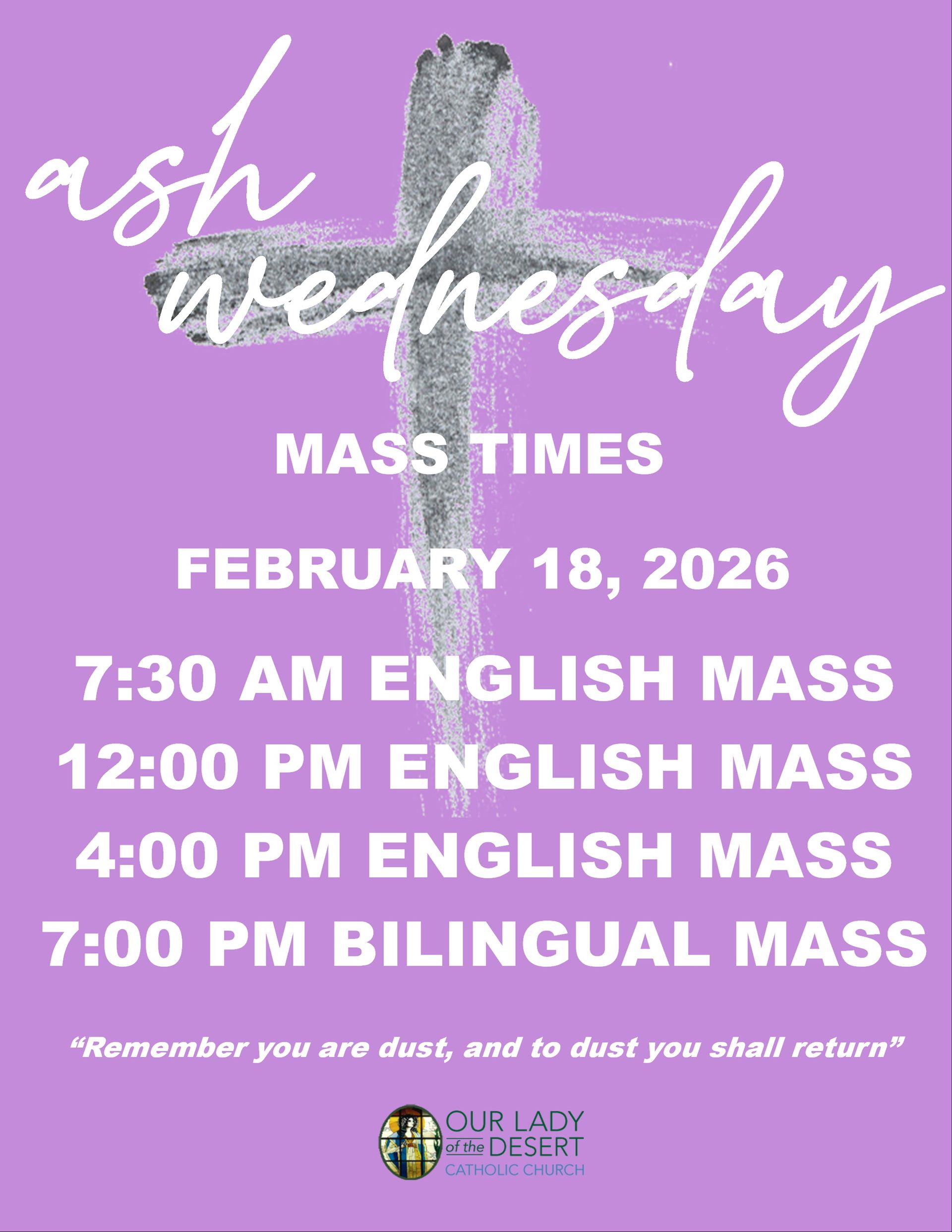Take the path to freedom and joy
When we hear the word “sacrifice” most of us think of giving up something, like the things we give up during Lent as a joining with Christ’s sacrifice on the cross. That is certainly part of what it means to sacrifice, but reflecting deeply on this word can help us to think more accurately about the ways in which we are called to live as stewards. To sacrifice means to make holy. In the Gospel of Matthew, we hear of the multiplication of the loaves and fish. Jesus took the little the people had and made of it a banquet. Their sharing of the bread and fish was certainly a sacrifice — they did not know what was going to happen with what they gave!
We are invited to give of our very selves, our lives, time, attention and resources. But we are called to more than simply giving from our excess. We see and hear much that tells us that we should hold on to what we have, that having much is a sign of success. Christ’s way tells us something different. We must cultivate within our hearts the willingness to give more fully than we might want, and to ask God to bless our sacrifice and make it holy.
St. Paul says it this way: “Do not conform yourself to this age but be transformed by the renewal of your mind, that you may discern what is the will of God, what is good and pleasing and perfect” (Rom 12:2). In this way, living sacrificially — giving when we might think it difficult or impossible — is a way of freedom and joy, a way that leads to holiness and to sharing Christ’s love with the world through our stewardship.
This article comes to you from Grace In Action ( Our Sunday Visitor ) courtesy of your parish or diocese.







